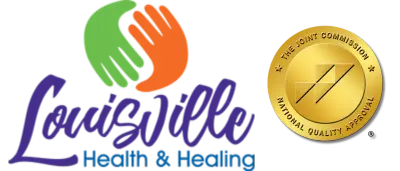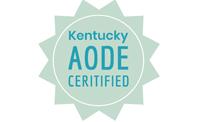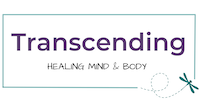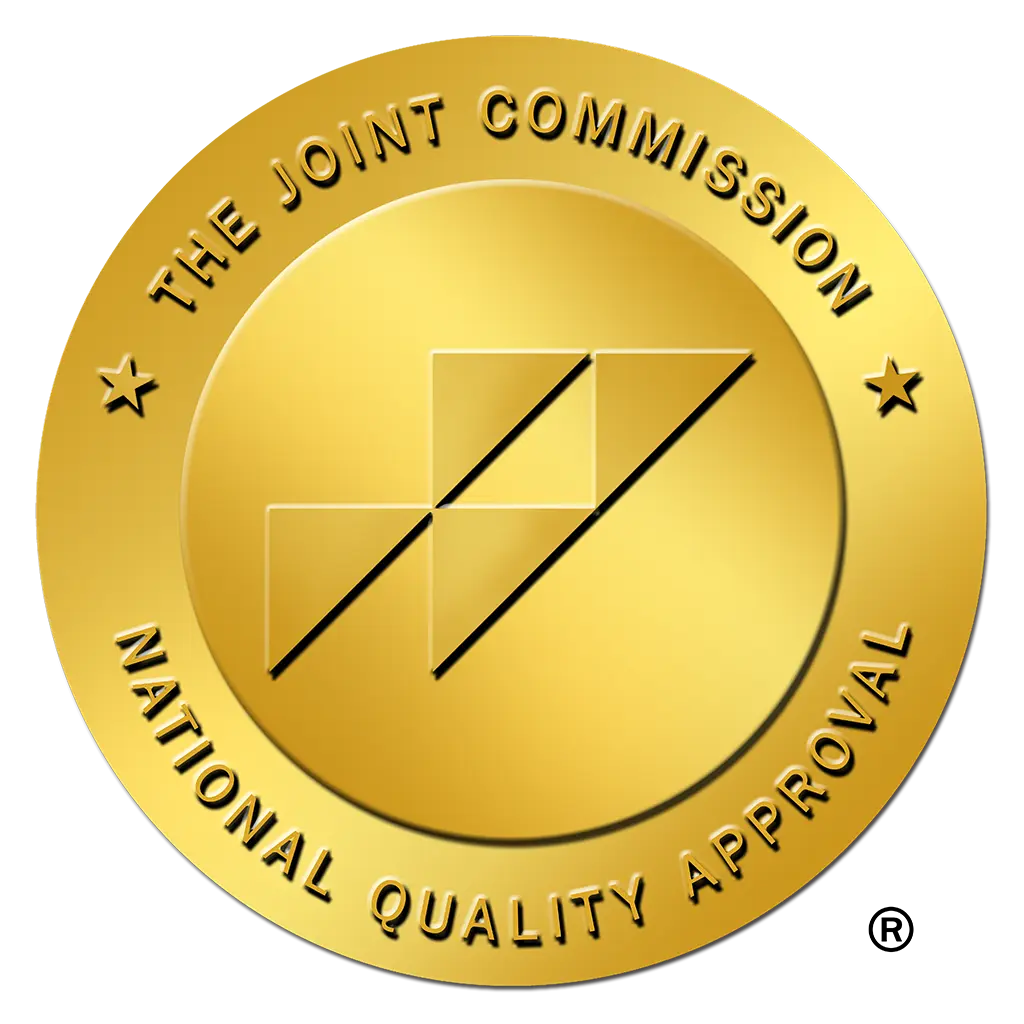Being Consciously Grateful
None of us like to think of ourselves as an ungrateful person. You probably often feel
thankfulness and appreciation for rain after many hot summer days, for help from your
friend when you needed a ride, or even towards yourself and the skills or insight you
used in a specific situation. Feeling thankfulness or gratitude indicates that we
acknowledge the positive impact of something or someone – but the important step we
often forget is actually taking a conscious moment to acknowledge and express that
gratitude.
Many of us feel thankfulness, but let that feeling pass quickly without doing much of
anything with it. To those in our life, and even to our own subconscious self, this can
begin to convey that we do not acknowledge or appreciate the things that have been
done to help us. The good news is it’s an easy fix! This easy fix has two parts:
1. Take an internal moment to pause and truly recognize the appreciation or
thankfulness you are feeling.
2. Take a moment to actively express that thankfulness.
Taking an internal moment to recognize your feelings of gratitude is an exercise in
mindfulness. You may have worked previously on increasing your awareness of internal
negative thoughts or feelings you have, to help change your behaviors or challenge
your negative self-talk – but the awareness can’t stop there. It’s just as important to
acknowledge the positive thoughts and feelings we have too!
Taking a moment to actively express your thankfulness may look different depending on
who you feel grateful towards or what you are grateful for – but that’s a beautiful space
to flex your creativity and love!
Maybe you feel grateful towards yourself for staying patient and calm in a situation you
would have previously blown-up during. You could say to yourself, “I’m really proud of
myself for acting this way and grateful that I chose to be patient in this situation”. Taking
a moment to note our self-gratitude is easy to forget, but also easy to start doing. Doing
so can help build positive self-talk and encourage our own strengths. Doing something
similar out loud for those in your life that you feel grateful towards can similarly build
them up. Our loved ones need to hear we are thankful for their specific strengths,
actions, and ideas, too!
Some people find it uncomfortable to express their feelings out loud to others, especially
gracious and loving feelings. But remember – it’s not uncommon that the things that are
hardest for us to do, show us the spaces we have for growth in our life. It’s also
important to remind yourself that something uncomfortable may only be uncomfortable
because it is unfamiliar – practice makes us comfortable!
Try making a goal for yourself this week to actively and specifically express your
gratitude at least one time a day! Even if it’s about something small. You may find that it
not only makes those in your life feel more valued and genuinely seen, but that you may
also start to see the love and growth in your life more clearly – and who wouldn’t want
that.








